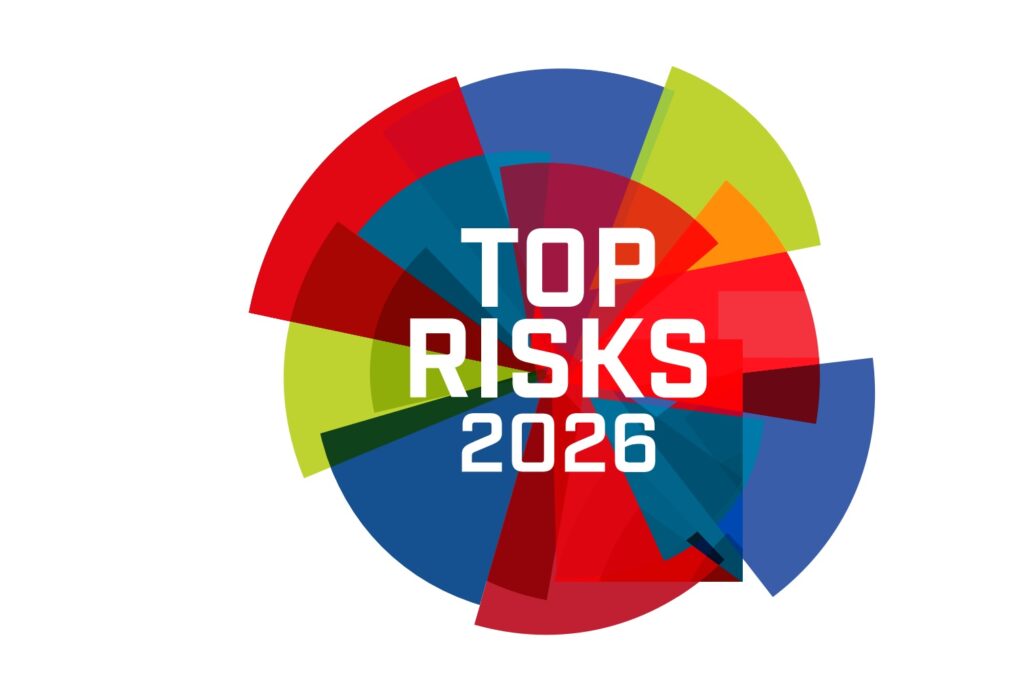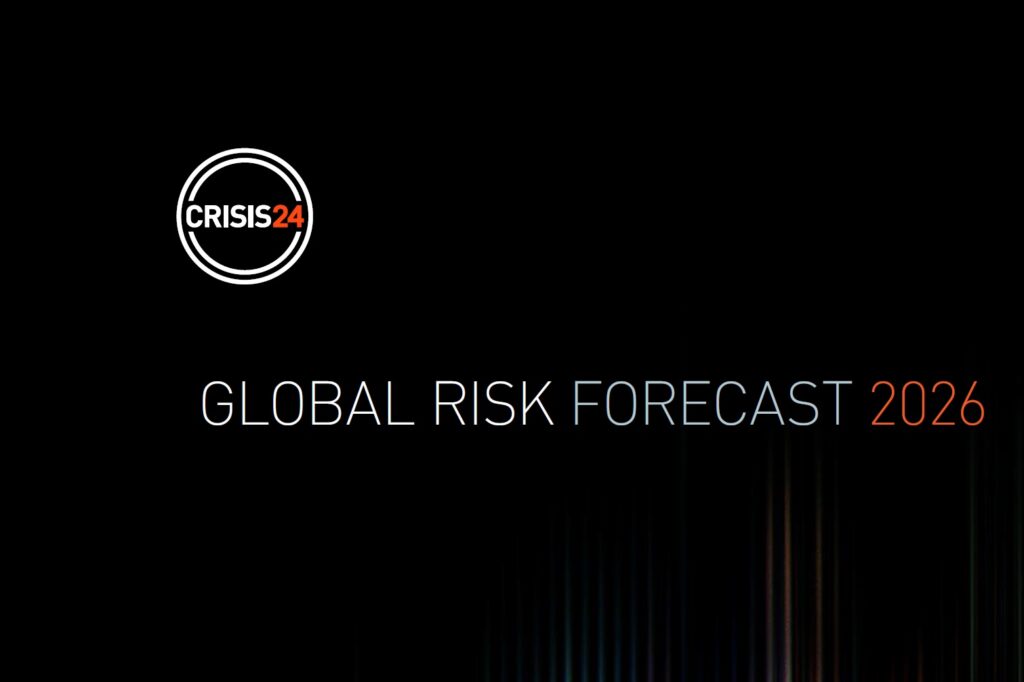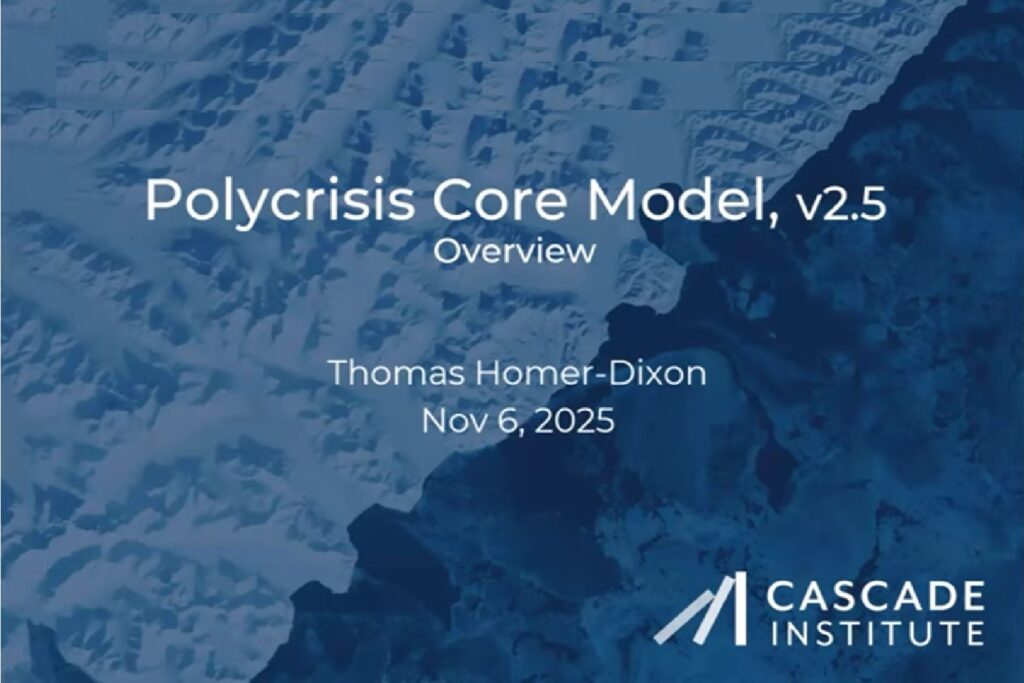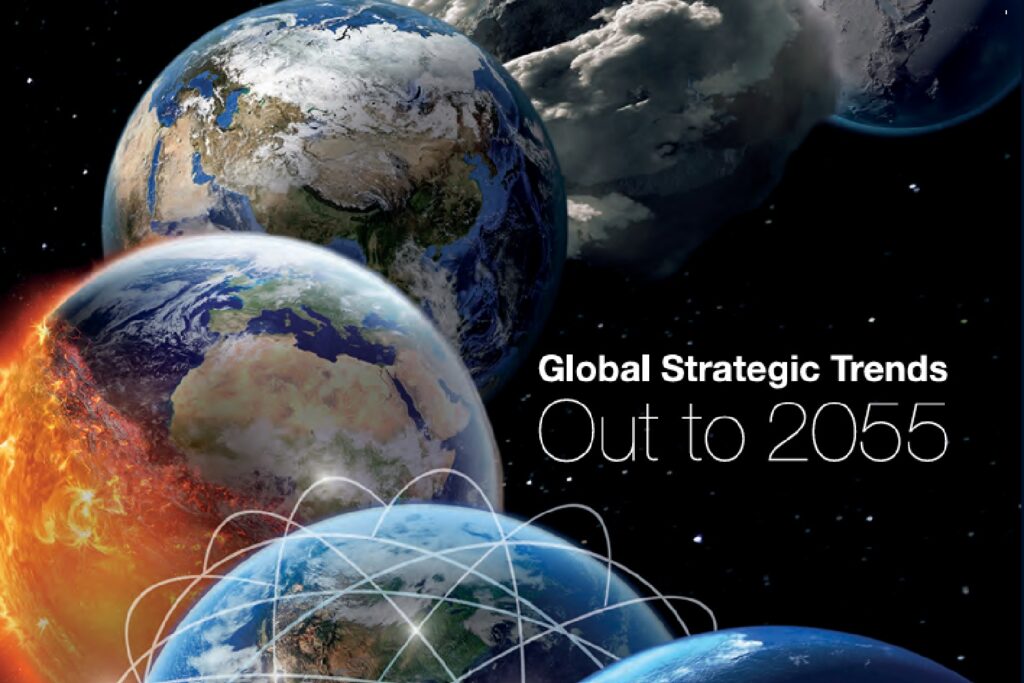Top Risk 2026
The report presents Eurasia Group’s annual forecast of the political risks most likely to play out over the course of 2026. It outlines ten key global developments expected to shape the geopolitical landscape, including state-level conflicts, technological disruption, institutional challenges, and economic pressures. The analysis frames 2026 as a potential tipping point, marked by heightened […]








